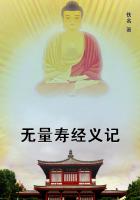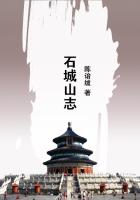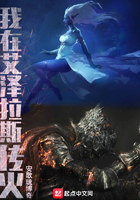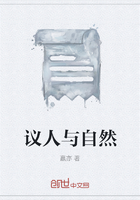There was an unusual feeling of relief throughout the country when word came from Washington on the 1st of July that President Cleveland had called out the regular troops.Governor Altgeld sent a long telegram protesting against sending federal troops into Illinois without any request from the authority of the State.But President Cleveland replied briefly that the troops were not sent to interfere with state authority but to enforce the laws of the United States, upon the demand of the Post Office Department that obstruction to the mails be removed, and upon the representations of judicial officers of the United States that processes of federal courts could not be executed through the ordinary means.In the face of what was regarded as federal interference, riot for the moment blazed out more fiercely than ever, but the firm stand taken by the President soon had its effect.On the 6th of July, Governor Altgeld ordered out the state militia which soon engaged in some sharp encounters with the strikers.On the next day, a force of regular troops dispersed a mob at Hammond, Indiana, with some loss of life.On the 8th of July, President Cleveland issued a proclamation to the people of Illinois and of Chicago in particular, notifying them that those "taking part with a riotous mob in forcibly resisting and obstructing the execution of the laws of the United States...
cannot be regarded otherwise than as public enemies," and that "while there will be no hesitation or vacillation in the decisive treatment of the guilty, this warning is especially intended to protect and save the innocent." The next day, he issued as energetic a proclamation against "unlawful obstructions, combinations and assemblages of persons" in North Dakota, Montana, Idaho, Washington, Wyoming, Colorado, California, Utah, and New Mexico.
At the request of the American Railway Union, delegates from twenty-five unions connected with the American Federation of Labor met in Chicago on the 12th of July, and Debs made an ardent appeal to them to call a general strike of all labor organizations.But the conference decided that "it would be unwise and disastrous to the interests of labor to extend the strike any further than it had already gone" and advised the strikers to return to work.Thereafter, the strike rapidly collapsed, although martial law had to be proclaimed and, before quiet was restored, some sharp conflicts still took place between federal troops and mobs at Sacramento and other points in California.On the 3rd of August, the American Railway Union acknowledged its defeat and called off the strike.Meanwhile, Debs and other leaders had been under arrest for disobedience to injunctions issued by the federal courts.Eventually, Debs was sentenced to jail for six months,* and the others for three months.The cases were the occasion of much litigation in which the authority of the courts to intervene in labor disputes by issuing injunctions was on the whole sustained.The failure and collapse of the American Railway Union appears to have ended the career of Debs as a labor organizer, but he has since been active and prominent as a Socialist party leader.
* Under Section IV of the Anti-Trust Law of 1890.
Public approval of the energy and decision which President Cleveland displayed in handling the situation was so strong and general that it momentarily quelled the factional spirit in Congress.Judge Thomas M.Cooley, then, probably the most eminent authority on constitutional law, wrote a letter expressing "unqualified satisfaction with every step" taken by the President "in vindication of the national authority." Both the Senate end the House adopted resolutions endorsing the prompt and vigorous measures of the Administration.The newspapers, too, joined in the chorus of approval.A newspaper ditty which was widely circulated and was read by the President with pleasure and amusement ended a string of verses with the lines:
The railroad strike played merry hob, The land was set aflame;Could Grover order out the troops To block the striker's game?
One Altgeld yelled excitedly, "Such tactics I forbid;You can't trot out those soldiers," yet That's just what Grover did.
In after years when people talk Of present stirring times, And of the action needful to Sit down on public crimes, They'll all of them acknowledge then (The fact cannot be hid)That whatever was the best to do Is just what Grover did.















